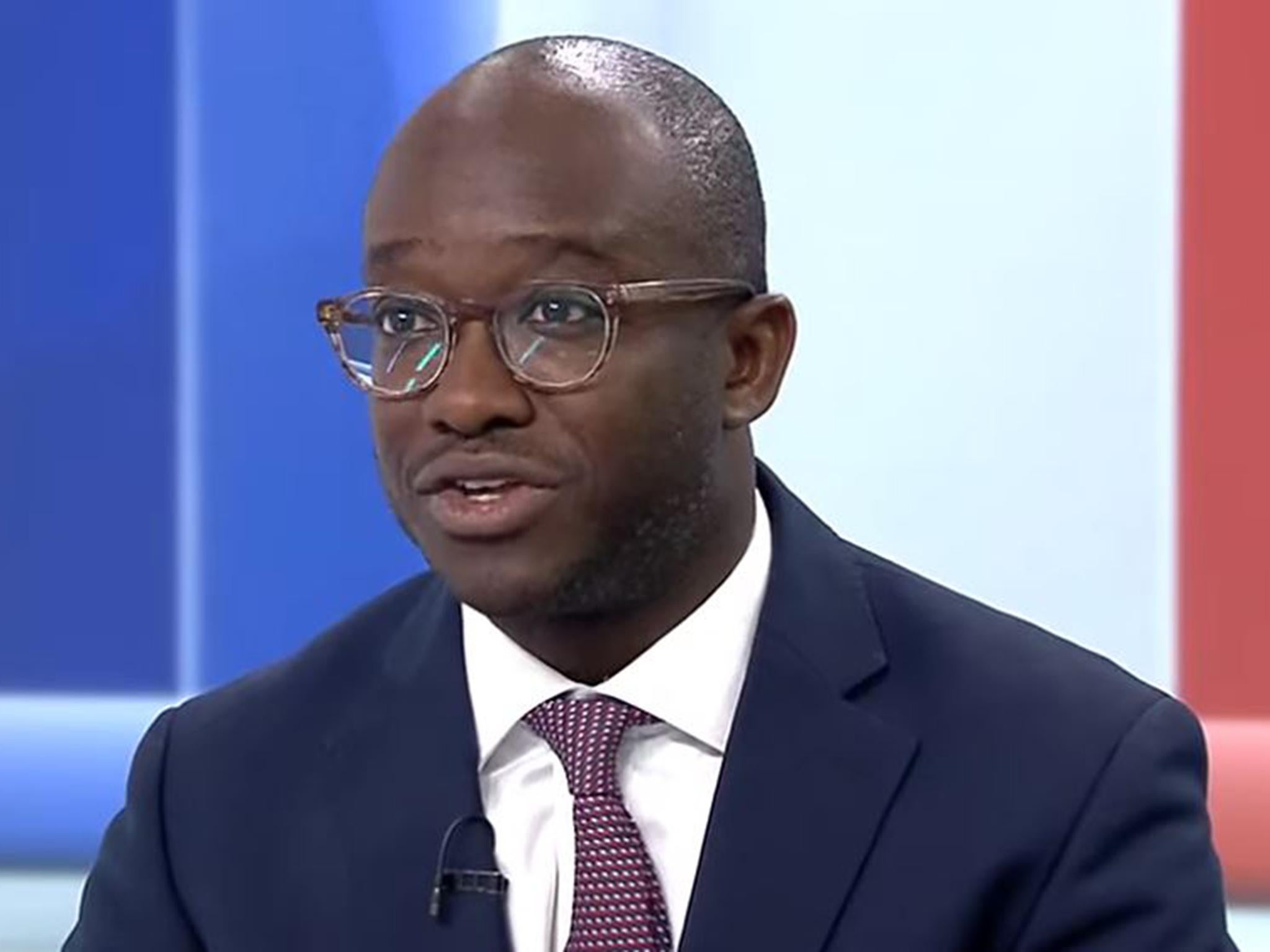Tory leadership outsiders object to culling crowded field: ‘It would be remarkable for the rules to change’
Senior Conservative figures are calling for a reduction in the slate of 13 contenders vying to replace Theresa May

Outsiders in the race to replace Theresa May as Conservative leader are objecting to proposals to cull the crowded field of contenders.
The executive of the party’s backbench 1922 Committee meet on Tuesday to consider plans to increase the nomination threshold for taking part in the contest.
Senior figures, including James Brokenshire, the communities secretary, and ex-leader Iain Duncan Smith, have already called for the field of 13 contenders to be slimmed down.
They fear a drawn-out contest will delay the arrival of a new leader and eat into the time available to solve Brexit by the deadline of 31 October.
Kenneth Clarke, a former chancellor, warned that the contest was “in danger of becoming a rather tragic farce unless some order is brought into it”.
A mooted threshold of 12 MPs’ nominations – rather than the proposer and seconder previously required – could knock out outsiders like Rory Stewart, who has toured the country with a platform ruling out a no-deal Brexit, and Sam Gyimah, the only candidate arguing for a second referendum.
Tory leadership rules state only that the 125,000-strong membership in the country will elect the new leader from a shortlist of two drawn up by MPs, leaving it up to the 1922 Committee to draw up the rules for narrowing down the field.
Previous contests have seen twice-weekly ballots of MPs, each removing the least popular candidate until only two remained. But with 13 in the race, this process could take more than a month to produce a pair of rivals for the final face-off, delaying the choice of a leader until late in the summer.
Nigel Evans, a joint secretary of the committee, said that requiring each candidate to gather 10 nominations on top of their proposer and seconder would allow the contest to be kept to “manageable proportions”, reducing numbers in the first round to six or seven.
“If we don’t implement rules which allow us to whittle away those with little support, the whole process will be totally unwieldy,” he said.
None of the contenders has spoken out publicly against a change in rules.
But it is understood that some are privately angry. A source close to one of the campaigns said a rule change at this stage might give an unfair advantage frontrunners such as Boris Johnson and Dominic Raab, who have been outside the government in recent months.
“It would be remarkable for the rules to change in favour of those who quit cabinet or their ministerial posts to get a head start on their leadership campaigns,” said the source.
Of the declared candidates, only Mr Johnson, Mr Raab, Jeremy Hunt, Michael Gove, Sajid Javid and Matt Hancock have enough declared supporters to pass a 12-nomination threshold.
Mr Stewart, Mr Gyimah, Mark Harper, Kit Malthouse, Esther McVey, James Cleverly and Andrea Leadsom could find themselves knocked out before the contest has begun.
Mr Johnson kicked off his campaign proper on Monday with a launch video showing him on the doorstep in the campaign for the Peterborough by-election and promising to “deliver Brexit and unite our fantastic country”.
The former foreign secretary is seen repeating his commitment to take the UK out of the EU on 31 October, “deal or no deal”. And he boasts of achieving a 20 per cent crime reduction in London as mayor, in part through the use of stop-and-search tactics.
Mr Johnson also launched a pledge to close the “funding gap” between schools in different areas of the country, with per-pupil support in some parts of London at £6,800 compared to £4,200 elsewhere in the UK.
Who could succeed Theresa May as Conservative leader?
Show all 9But Ed Davey, the Liberal Democrats’ home affairs spokesperson, challenged his claims on crime, arguing that figures show the actual fall in crime in the capital was 15 per cent during Mr Johnson’s time in office and that a Home Office analysis found “no statistically significant crime-reducing effect” from extra searches for weapons.
“For Johnson to kick off his leadership campaign with a lie is at least very on-brand,” said Davey.
Unofficial tallies of declarations of support put Mr Johnson near the head of the pack, with more than 30 MPs, followed by Mr Gove and Mr Hunt slightly below 30 and Mr Raab and Mr Javid around 20.
Mr Brokenshire used a speech in London to urge those with little chance of winning the race to consider dropping out, warning: “We simply do not have the luxury of weeks of navel-gazing or days and days of whittling candidates down to the final two and talking to ourselves.
“I say gently to some of my colleagues who have put themselves forward for what has been described as the Grand National of political contests: please think carefully.
“If you already know it’s going to be a bit of a struggle to get over the first fence, let alone Becher’s Brook ahead, then maybe you should pull up.”
Chris Grayling, the transport secretary, backed his call: “I hope those who are not really, numbers-wise, in the running, will think twice about whether they really want to go ahead with their candidacies.”
Subscribe to Independent Premium to bookmark this article
Want to bookmark your favourite articles and stories to read or reference later? Start your Independent Premium subscription today.

Join our commenting forum
Join thought-provoking conversations, follow other Independent readers and see their replies